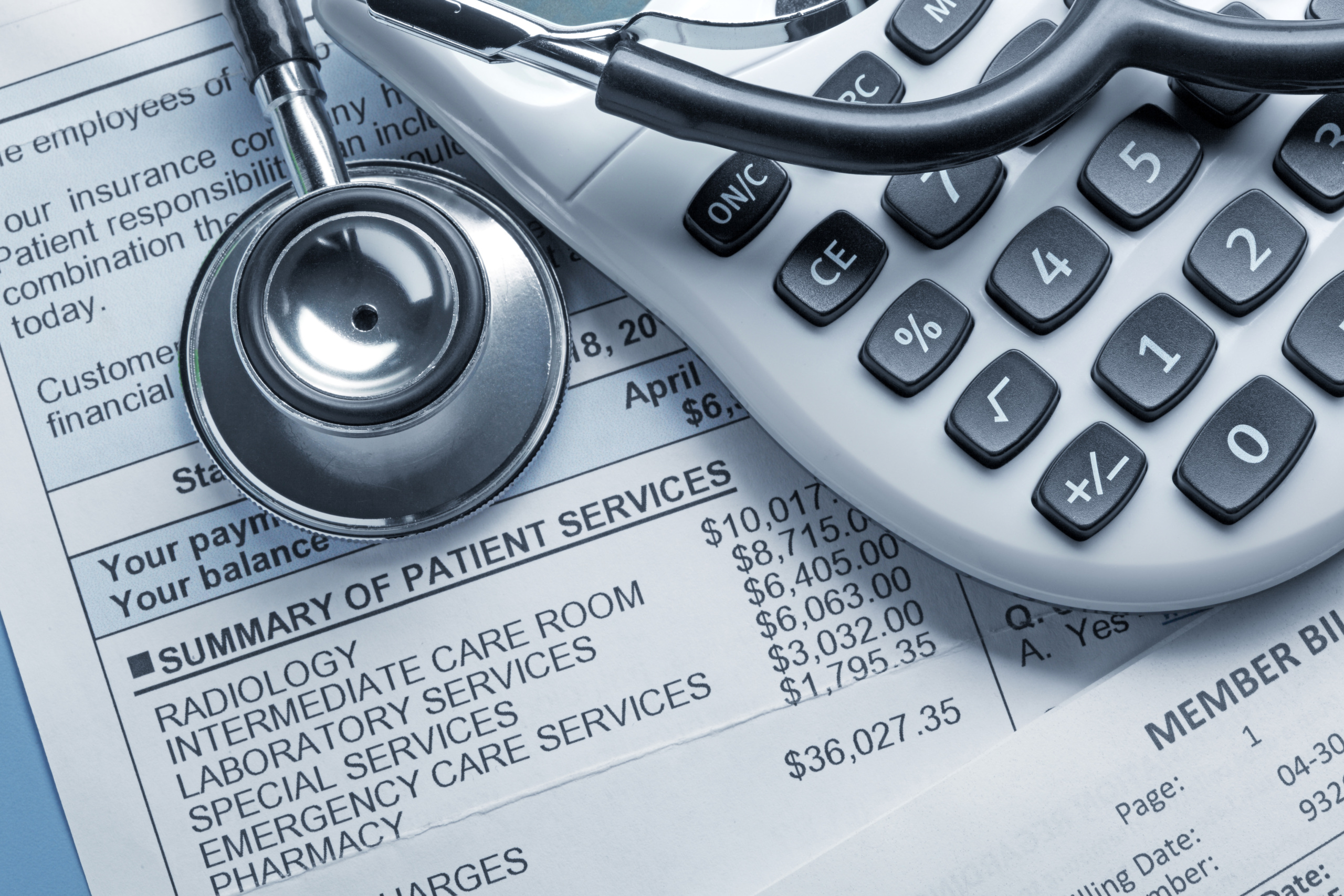
How to curb health care costs
Hospitals charge commercial payers far more than is needed to cover their expenses, with people who pay insurance premiums ultimately paying the price.
Hospitals charge commercial payers far more than is needed to cover their expenses, with people who pay insurance premiums ultimately paying the price.
Report ●
Fifteen years ago, I broke my leg. I wore a cast for nine months, unable to walk, drive or, in the early months, even stand for very long. Though the experience of the broken leg was awful, thankfully it didn’t break me financially. But for too many people, a health problem like this can bring financial ruin.
Why are there suddenly so many ticks everywhere? One big factor is climate change, which is likely to keep making the problems of ticks and the diseases they carry worse. That's only one impact of global warming, which is changing our world and our relationships with nature in many ways, both large and small. Understanding those relationships, how they're changing and why, is crucial to protecting the things we love for future generations.
The COVID-19 pandemic has forced us to consider what work is essential to our society. It's time we start including caregiving on that list.
It's long past time to put our communities first, and our nursing homes are depending on it.
Testing failures led to the widespread COVID-19 transmission. New, recently approved technology may finally help get outbreaks under control.
Associate Director and Senior Policy Analyst, Frontier Group
